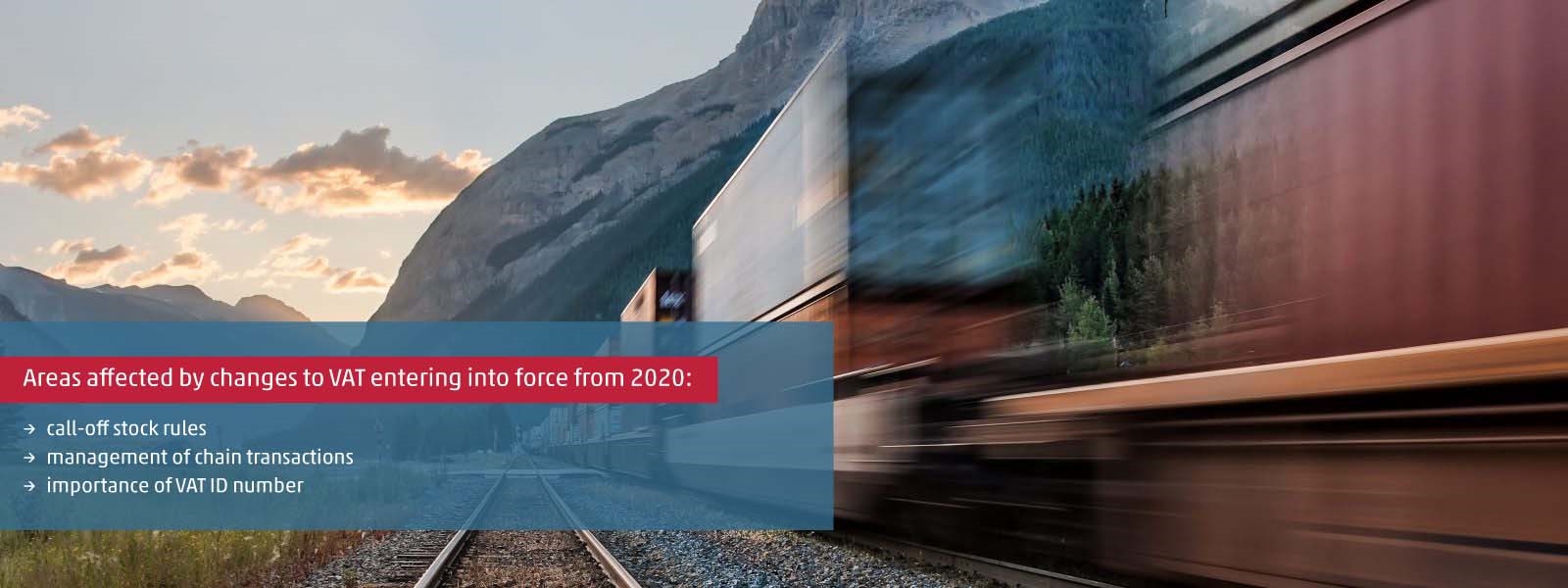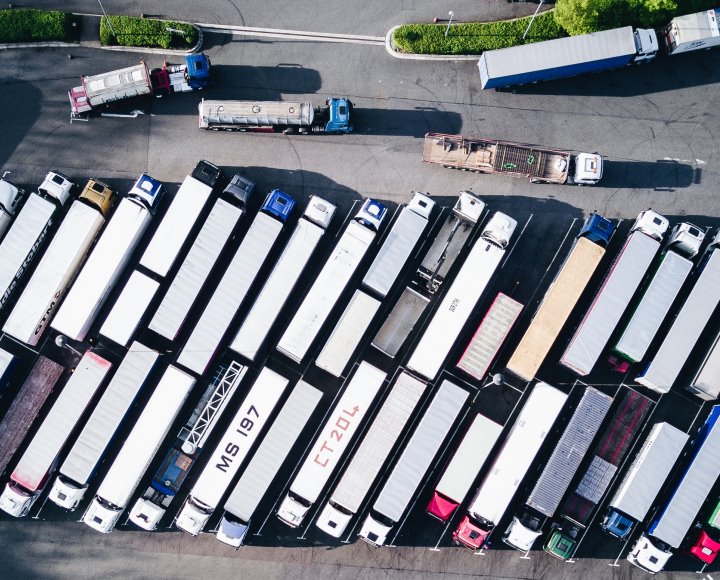We have already put together a brief summary of the main aspects of the Hungarian summer tax law amendments, and looking at the related changes to VAT we recently published a separate article on the new rules regarding call-off stock. We would now like to explore some other parts of the summer tax law amendments concerning value added tax in a bit more detail, examining which changes to VAT affect cross-border transactions.
Quick fixes affecting VAT
On 4 December 2018 the Council of the European Union adopted a new directive, which is aimed at improving the harmonisation of VAT rules between Member States and preventing VAT fraud in intra-Community transactions. The proposals amending the VAT Act were included in the domestic summer tax law amendments in line with the provisions of the directive. The changes to VAT entering into force in Hungary from 1 January 2020 affect the following areas:
- call-off stock rules,
- treatment of chain transactions,
- role of EU VAT numbers in tax-exempt intra-Community supplies.
How do the changes to VAT affect chain transactions?
A chain transaction is a chain of consecutive supply of goods, where the goods are the subject of just one intra-Community transportation, i.e. the goods are sold several times but transported only once. The intra-Community movement of the goods may only be assigned to one of the supplies, and the tax exemption for intra-Community supplies may only be associated to such supply. The other parts of the chain are taxable either in the country of departure or in the destination country, which can mean that the vendor has to have a tax number in the Member State where the sale took place.
The purpose of regulating chain transactions is to avoid Member States using different approaches that might lead to double taxation or the avoidance of taxation. Fortunately, the statutory rules on chain transactions currently in force were already detailed and clear, and the system in Hungary largely complied with the new regulations. What will be different with the changes to VAT entering into force from January in Hungary is that the intermediate entity can decide to take part in the chain in the capacity of a vendor, and all that is required here is to provide its tax number issued by the country of departure.
Importance of EU VAT number
When the amendment takes effect, the existence of an EU VAT number will no longer just be a formal but also a material condition to apply the tax exemption for intra-Community supplies. In accordance with the new rule, an intra-Community supply will be tax exempt if the customer is a registered VAT taxpayer (obliged to pay tax) in another Member State, and it has a tax number issued to it by such latter Member State which is disclosed to the vendor. Furthermore, the vendor must also comply with its obligation to submit an EC sales list.
If the vendor submits the EC sales list incorrectly, then it must prove that this failure, error or default occurred while acting in good faith, and the correct data must be submitted to the tax authority as soon as possible. In practice, this means that when the changes to VAT recommended in the Hungarian summer tax law amendments enter into force, we may not issue an invoice on a tax-exempt intra-Community supply without the customer’s EU VAT number, furthermore, it will not be possible to complete the EC sales list by only giving the country code and omitting the customer’s VAT ID number.
Changes to VAT for services related to imported goods
In our earlier article we looked in detail at the changes to VAT entering into force in Hungary from 1 January 2019 which affect the tax exemption of services related directly to exported goods. The new exemption rule in force from 1 January 2019 essentially means that exemption for services related to exported goods may only be claimed if the service is provided to the exporter. This amendment was required to bring the Hungarian VAT Act in line with the interpretation of EU laws as detailed in the judgment of the court adopted in Case C-288/16.
However, according to the provision of the EU VAT directive examined in the case above, Member States shall exempt the supply of services from tax where such is directly connected with the exportation or importation of goods. Reflecting to this, the applicability of the exemption for services related to imported goods is supplemented with a further condition, according to which services included in the import VAT base are only tax-exempt if they are provided directly to the importer.
Changes to VAT for services related to goods under customs procedures
Based on the changes to VAT entering into force from January, the VAT exemption conditions are to tighten also for services related to certain goods under or subject to customs procedures. This means that services related to goods subject to temporary storage, free zone or free warehouse procedures, customs warehousing or inward processing procedures, imported temporarily free of duty or subject to external transit procedures are only exempt from VAT if they are provided to the taxpayer selling or purchasing the goods.
When providing preliminary consulting on value added tax, WTS Klient Hungary helps its clients determine VAT burdens as part of very complex chain transactions, in relation to imported goods or in the case of services subject to customs procedures. Please do not hesitate to contact us if you have any questions on the changes to VAT outlined in our article, or on any other related issues.











